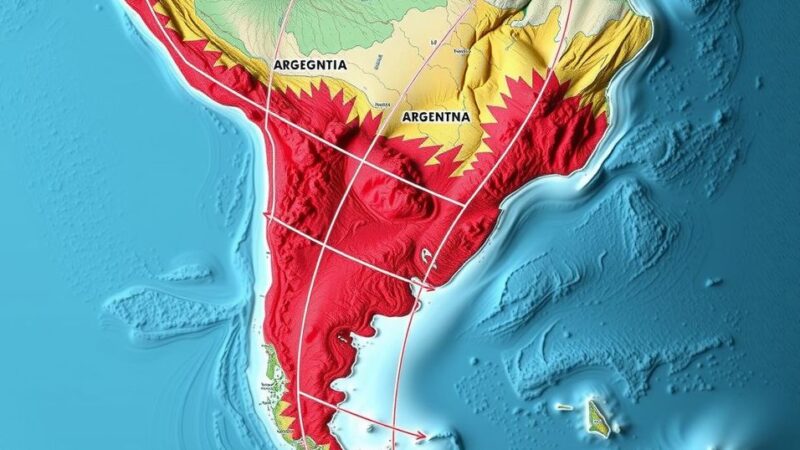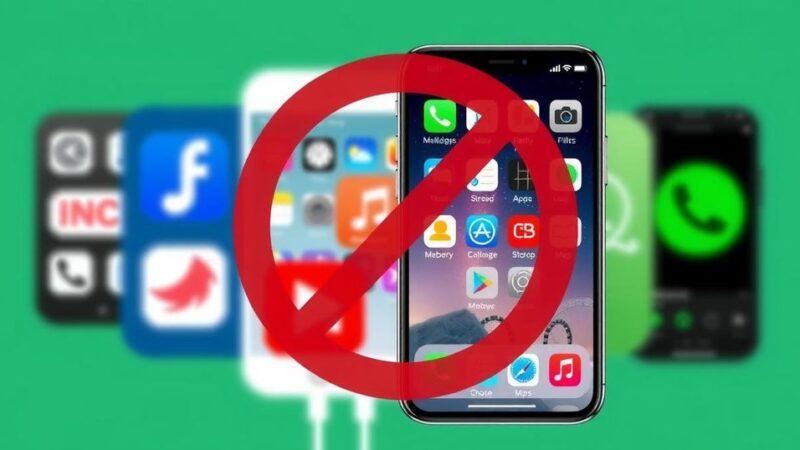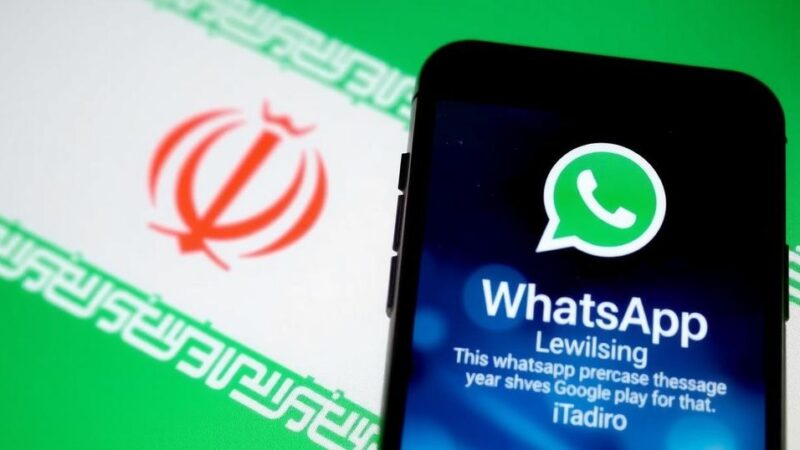The Democratic Republic of Congo has filed criminal charges against Apple, alleging the company’s use of illegally sourced ‘blood minerals’ from conflict zones. Legal claims involve accusations of war crimes and deception in supply chains, with DRC representatives seeking accountability for the impact of these practices on local communities. Both Apple and Rwanda have denied these allegations, asserting rigorous oversight of their operations.
The Democratic Republic of Congo (DRC) has initiated a criminal investigation against the European subsidiaries of Apple, accusing the corporation of exploiting illegally sourced “blood minerals” within its supply chain. The DRC asserts that Apple has procured contraband resources from conflict-affected regions in eastern Congo and Rwanda, where these materials are purportedly mined through illicit means before being incorporated into the production of technological devices globally. The DRC’s legal representatives have claimed that Apple’s operations have not only involved deceptive practices but have also contributed to war crimes, money laundering, and forgery.
Complaints regarding these allegations have been officially filed in Paris and Brussels, urging accountability for what the DRC describes as a pattern of exploitation at the expense of local communities suffering severe consequences from the conflict fueled by mineral extraction. DRC lawyer Robert Amsterdam characterized the lawsuit as an urgent call for justice against a major player in the tech industry that should be fully aware of the ramifications of its actions. Furthermore, Amsterdam stated, “Color Apple red, and not green. It is a trillion-dollar company that must be assumed to know the consequences of its actions,” reflecting a demand for greater corporate responsibility.
The ongoing violence in eastern DRC has persisted since the 1990s, exacerbated by recently heightened tensions due to the resurgence of the Rwandan-backed M23 rebels. The DRC accuses Rwanda of leveraging these insurgents to gain control over the resource-rich eastern regions. Legal advocates have reached out to the President of the European Commission, requesting a dialogue focused on enhancing accountability and mitigating arms violence throughout sub-Saharan Africa’s mineral supply chains. In response to these allegations, Apple has asserted that it has no basis for determining that its products contain illegally exported minerals and maintains rigorous checks on the origins of its materials. Additionally, the Rwandan government has categorically denied the accusations, labeling them as unfounded and a diversionary tactic by the DRC government.
This legal move comes amid increasing scrutiny of multinational corporations regarding their supply chains and the ethical implications of sourcing materials from conflict zones. The DRC is rich in minerals yet plagued by ongoing conflicts aggravated by the illegal mining of these resources. ‘Blood minerals’ refer to minerals mined under conditions that contribute to severe human rights violations, including child labor and financing armed groups. The complex dynamics involving Rwanda and the DRC draw international attention, highlighting persistent regional tensions fueled by competition over valuable natural resources. The case against Apple signifies a larger trend where consumers and advocacy groups demand accountability from corporations in their global supply practices, raising questions about transparency and ethical sourcing. With reports from organizations like the United Nations and international NGOs corroborating these issues, the calls for greater corporate responsibility and ethical accountability are resonating louder than ever within global markets.
In summary, the Democratic Republic of Congo has lodged serious allegations against Apple, claiming that the tech giant has engaged in unlawful procurement of minerals from conflict zones, contributing to significant human rights violations. This legal action highlights the pressing need for corporations to ensure ethical practices in their supply chains, emphasizing accountability within the technology sector. As the case unfolds, it reflects a pivotal moment for corporate responsibility and international scrutiny regarding the impact of technology on vulnerable regions.
Original Source: www.rfi.fr







